
Children have to be taught all about family dogs. Holding a puppy on their lap and snuggling him is great for both child and puppy. However, there has to be rules about a puppy's proper and correct behaviour. He cannot be allowed to do whatever he wants. A puppy bite can hurt a small child and also become a behaviour problem very quickly, if not dealt with immediately. Children and dogs should always be supervised, especially if the child is under 10 yrs.
1. Likes and dislikes
Teach your children what dogs like and don't like. Children can be loud and make lots of noise which can cause a dog to get over excited or even scared. A dog's paws and tail can be sensitive and they do not always like them being touched. Children should just gently pat a dog on the back or scratch his neck. Dogs like to relax and lie quietly undisturbed. Let your dog have its quiet time. Puppies need their rest. They sleep alot more than adult dogs.
2. Supervision
When children and puppies get together they should be supervised by a parent at all times especially if the child is under 10 years of age. The puppy does not want to hurt the child but their sharp little teeth and nails can hurt. Puppies can scare children without meaning to do it, when they get really excited and start racing around. An active puppy can easily knock a child down.
3. Pack Leader
Dogs need to get used to children and most important to recognise children as dominant pack members. You do not want your puppy playing with your child like he/she is another puppy. There has to be rules. Keep up the Alpha training and involve the children too. Make sure your children walk through doorways before your dog and eat before him too.
4. Socialise
Socialise your dog with children of different ages making sure he is well under control. Praise and treat good behaviour in your dog but give a few minutes time-out for bad behaviour such as barking or jumping. Turn your back on him or leave him alone for a few minutes. Your dog will soon learn better manners when playing.
5. On Walks
Walks are a good time for a child to hold the leash but again there must be supervision as the dog or puppy can jump up and nip at a child's hands. This can be scary for a small child. There should always be rules about a puppy's correct behaviour, especially when out walking in a public place as bad behaviour can lead to serious accidents.
6. Strange Dogs
Teach your children how to behave around dogs they do not know. Always ask the owner's permission before you approach their dog. The dog could be nervous or aggressive. Always approach from the front where the dog can see you. Let the dog sniff you before you try to pet it. Never approach a dog that is tied up as it could be aggressive or nervous and bite.
7. Training
Your children can help with the training by letting them give the puppy treats when he obeys his commands. If the puppy is rough when it takes the treat tell your child to make a loud Ouch! sound as this is how puppies learn from each other. Puppies yelp loudly when another one plays too rough. Your puppy will soon learn good manners and acceptable behaviour. Always be consistent in training. A puppy will get confused if one day it is ok to nip a child's hand and then gets punished for it the next day.
Of course children should run and play with their puppy or adult dog. This is very good for both of them as it makes them happy and they get exercise. Children love to train their dog tricks which enhances the dog's good behaviour.
Take time to observe your dog when he is happy so you will recognise the times when he does not want to play or feels uneasy with a new situation. Explain to your children that their puppy does not want to play right now. Try to find out what is upsetting him.
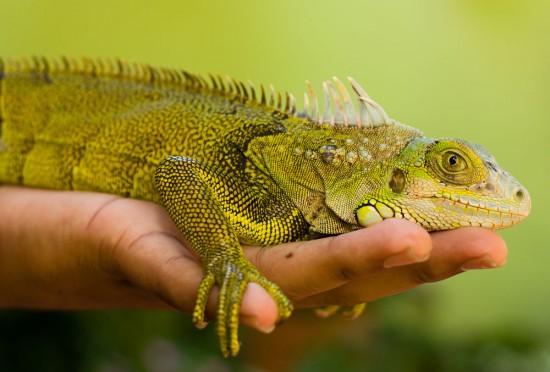 Why Keep A Reptile?
Why Keep A Reptil
Why Keep A Reptile?
Why Keep A Reptil
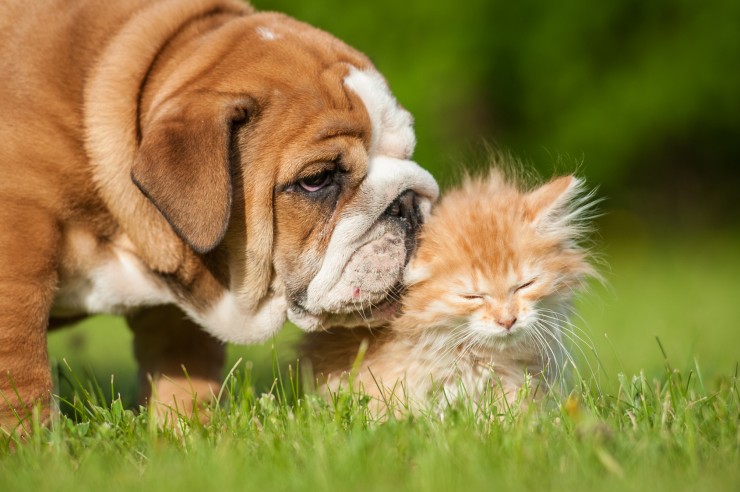 Reasons Why Cats Are Easier To Look After Than Dogs
Reasons Why Cats
Reasons Why Cats Are Easier To Look After Than Dogs
Reasons Why Cats
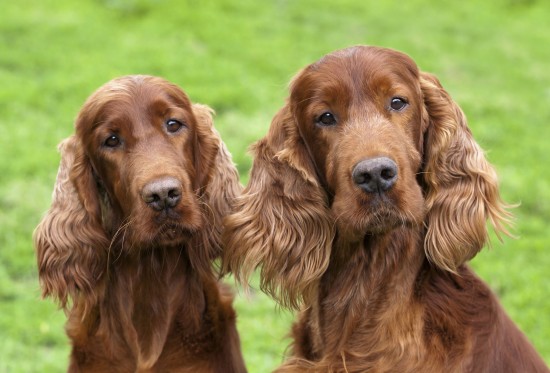 The Temperament Differences Between Dogs And Bitches
The Temperament D
The Temperament Differences Between Dogs And Bitches
The Temperament D
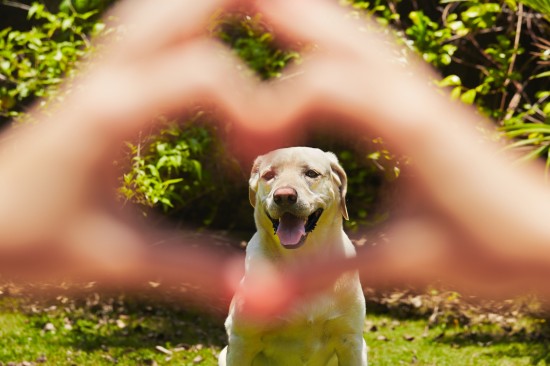 Why Co-dependency With Your Dog Is A Bad Idea
Why Co-dependency
Why Co-dependency With Your Dog Is A Bad Idea
Why Co-dependency
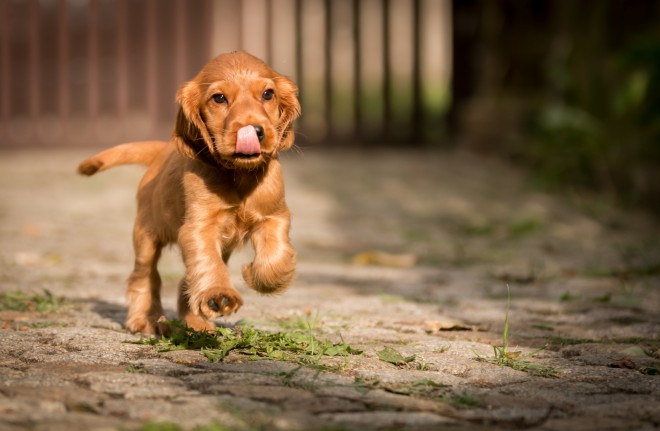 7 Breeds Of Dog That Do Well In Apartments
7 Breeds Of Dog T
7 Breeds Of Dog That Do Well In Apartments
7 Breeds Of Dog T
Copyright © 2005-2016 Pet Information All Rights Reserved
Contact us: www162date@outlook.com